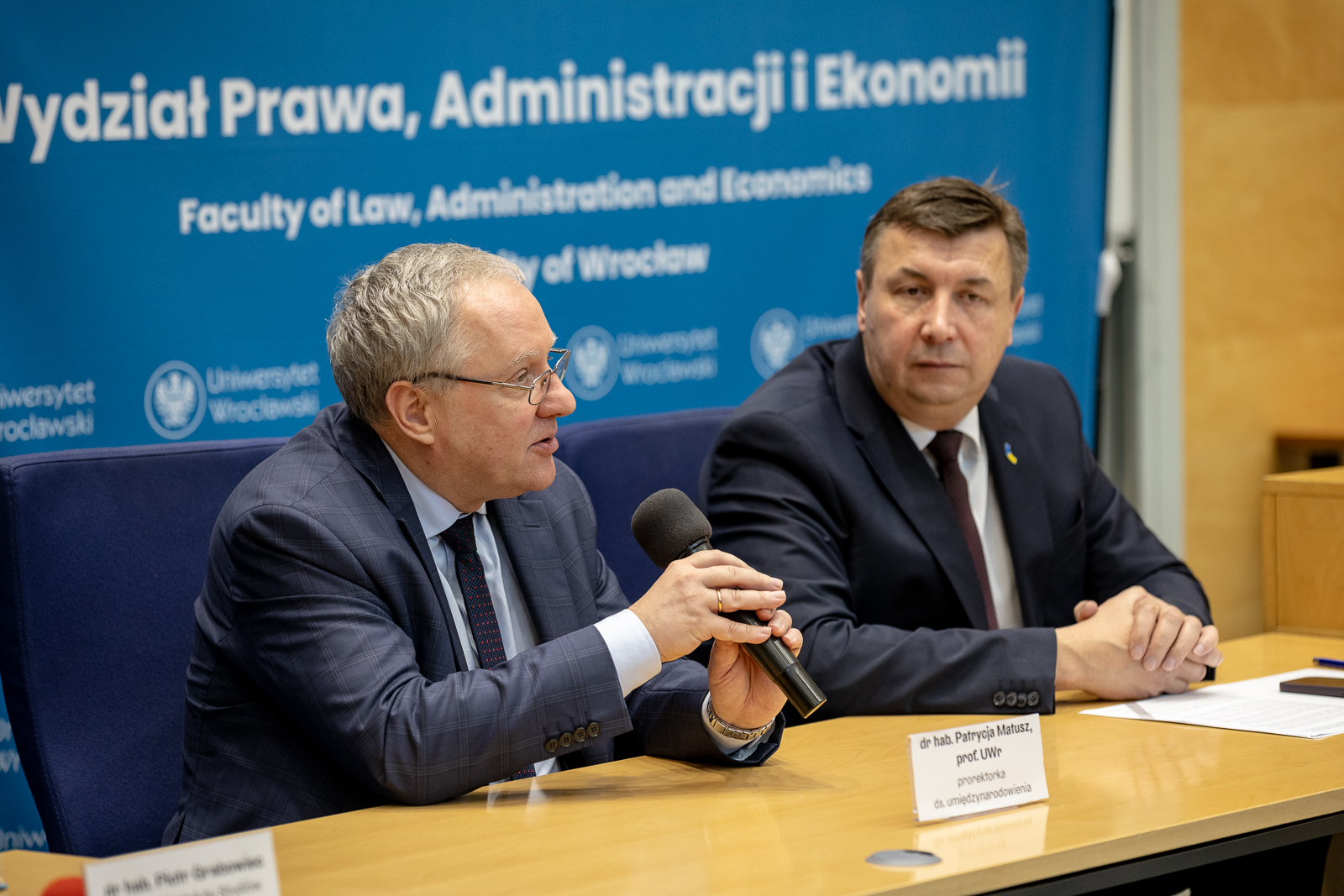
“1000 Days of War in Ukraine” – Second University Debate (audio recording and photo report)
The Second University Debate under the patronage of the Rector of the University of Wrocław, prof. dr hab. Robert Olkiewicz, the following people took part in the debate:
Yurii Tokar Consul General of Ukraine in Wrocław, a graduate of international relations at Lviv University who has served in Ukrainian diplomacy since 1998. He has worked at the Ministry of Foreign Affairs of Ukraine, at the embassy in Great Britain and Northern Ireland, at the Ukrainian embassy in the United States and in Poland.
Dr hab. Piotr Grabowiec – director of the Institute of European Studies and head of the Department of European History of Civilisation of Social and Economic Thought at the Faculty of Social Sciences of the University of Wrocław.
Laurynas Vaičiūnas, chairman of the board of trustees of the College of Eastern Europe, historian, political scientist, and president of Wrocław’s Jan Nowak-Jezioranski College of Eastern Europe and KEW Publishing House.
prof. dr hab. Robert Olkiewicz, host and participant in the debate, is a physicist specialising in mathematical methods of physics, mathematical foundations of statistical models and open quantum systems. Since 2022, he has been the Rector of the University of Wrocław, in March this year he was elected for another term.
The debate was moderated by Katarzyna Górowicz-Maćkiewicz, spokeswoman for the University of Wrocław, and among the guests was Jakub Mazur, the vice-president of Wrocław City.
As the presenter recalled at the beginning, the first University debate was about the situation in the Middle East, and this time the “occasion” for the conversation of experts and guests of the University was the passing of a thousand days of war in Ukraine, a thousand days since Russia’s invasion of our neighbor.
Katarzyna Górowicz-Maćkiewicz divided the debate into four thematic areas. Below is the beginning of the discussion, the whole in the audio transcript below.
Katarzyna Górowicz-Maćkiewicz: How has the 1000 days of Russian Federation’s war aggression against Ukraine so far changed the face of the world in terms of protecting human rights and fundamental human freedoms?
Yurii Tokar – Consul General of Ukraine in Wrocław It’s really important for Ukraine, really important for our country, and I think it’s time to talk more broadly. That time has long since come. And just today’s occasion such a little sad. The 1,000th day of the war in Ukraine, however, already makes it possible to do a chart analysis of what is happening in Ukraine and what is happening around the world as a result of the war. A thousand days of pain. A thousand days of struggle. A thousand days of hope and determination of Ukraine. Russia’s aggression against Ukraine is not only. Not just a regional conflict. This is an open challenge to the values on which the modern world is based. Respect for human rights, freedom and sovereignty of the people. And the facts? International reports such as Amnesty International and Human Rights Watch are aware of war crimes, torture, rape and child abduction. UNICEF has documented that more than 12,000 Ukrainian children have been deported to Russia, which is reminiscent of precisely the darkest chapters in human history. In the face of this tragedy, the world mobilised. Unprecedented support mechanisms for war victims have been established.
We see historic decisions such as the International Criminal Court launching war crimes investigations in Ukraine and the creation of special funds. The solidarity of the people in Poland cannot be overlooked. More than one and a half million refugees from Ukraine have found refuge, and as of today these numbers add up to about 950,000 Ukrainian citizens in Poland. Thousands of volunteers work every day to provide assistance to those most in need. Global civil society has shown that sensitivity to the suffering of others, others still exist and have the power to change reality. Also, we must point out that the war showed how easily propaganda can serve to dehumanise. The Russian propaganda machine is not only trying to justify crimes, but also to spread hatred against entire nations. This reminds us that we must also be vigilant against manipulation and misinformation. For Ukraine, these thousand days are a struggle for survival. For the world to test. Are we ready to defend the fundamental principles on which our civilization is based?
prof. dr hab. Robert Olkiewicz – Rector of the University of Wrocław:
Mr. Consul said about the situation in Ukraine. So I would perhaps, in answering the question this way, say a little bit about what changes I see in terms of European policy.
First of all, there has been a sobering up of our Western partners in terms of their admiration for Vladimir Putin, and so far we have all sorts of examples of this. There was almost that unlimited cooperation and leniency for what was going on in the Russian Federation. And now that has changed. This is what the European Union leaders have already made clear. The second thing is sobering when it comes to the security policies of all countries in the Union or NATO. And I was surprised to learn that the Netherlands, for example, until now had no tanks or armored weapons at all. And now that has changed. Also, defense spending, which was very low as far as the European Union is concerned at the moment, is starting to rise, as the country’s leaders have seen that they actually have neither artillery shells nor decent equipment when it comes to the modern battlefield. And now that has changed.
Dr hab. Piotr Grabowiec – director of the Institute of European Studies
This may sound controversial, but it is interesting what Mr. Rector said just now. Because nothing has really changed in principle because human rights have been violated all over the world. We as Europeans did not see this at all, and now we have only just seen it. And it wasn’t until the war in Ukraine that we were shown that the world is different than we thought it was during those forty-five years of consumerism and the development of Western civilization. That this threat began to look us in the eye. We realised that we are in a situation that is new on the one hand, and on the other hand, that not much has changed since ancient Greece. That is, we have a situation in which the strong need the strong in order for peace or justice to prevail. That is to say, basically all justice lies in the fact that we, having built ourselves a kind of comfort with human rights, which are, by the way, a product of our civilization, can realize them within our system. But in a situation where we meet or collide with a world of completely different non-normative inclinations to us – then there is a horrific crime in Bucza. We are dealing with the effect of war as an evil that gives birth to, or one could say, awakens demons in us, awakens those evil parts of human nature that Fromm wrote about as neurotic. Or what we see in every war practically: rapes, crimes and violations of natural human rights. From this perspective, what this war has brought is the awakening of a full understanding in Europe that the world is not over, that history is not over, as Fukuyama wrote, that the world continues to be threatened.
Laurynas Vaičiūnas – Chairman of the Board of Trustees of the College of Eastern Europe:
I can only agree with the Professor. We really are at a turning point. I even have it on record that certainly this war, from the perspective of human rights and our perception, has brought all conflicts closer to us. We realised that we also have a role to play. After all, it was often discussed. This very problem is addressed in one of my favorite books: “Widok cudzego cierpienia” by Susan Sontag. I recommend this book to all of you, so that you can all read about how you don’t feel the pain that you see on the screen, that you read about in the newspapers. Nowadays, we could also say: which we watch on social media. On the other hand, this war and the Polish reactions to the war, the reactions of the world community or the reactions of the citizens of our entire region. I will say as a Lithuanian, but one could also talk about the people of Germany, the Czech Republic and so on. In fact, this great, great stirring gives hope. Susan Sontag’s argument, on the other hand, was that we are unable to convince ourselves of what is happening somewhere far away when we see it in pictures.
The Russian invasion taught us a very painful lesson, In my opinion we have done our homework. This exam has been passed. Now the task left for us is not to give up. Because we truly understood the gravity of the situation, we understood the suffering of our closest Ukrainian neighbors. We understood in all seriousness their situation. The issue for us is for us to seize a piece of this Ukrainian will to fight, this will to fight that Ukrainians demonstrate every day. So that we incorporate it into our daily lives. So that we do not forget the values. So that such narratives, which are increasingly common in the West, obviously under Russian influence, do not appear in our country. We certainly feel some fatigue already. How long can this situation last? However, we need to end this for the common good. However, we must remember that it is the Ukrainians who will decide and that they have subjectivity, and this decision belongs to them. And, in my opinion, this is also an important lesson for us in Central Europe, as well as for Westerners. That we appreciate the subjectivity of our neighbors, we are ready to help them in their self-determination. When wars take place somewhere far away this subjectivity for us was a bit abstract. On the other hand, really our closest neighbors have a very strong will, and we must help them in this as much as we can.
Complied by Jacek Antczak
Photo report: Paweł Piotrowski
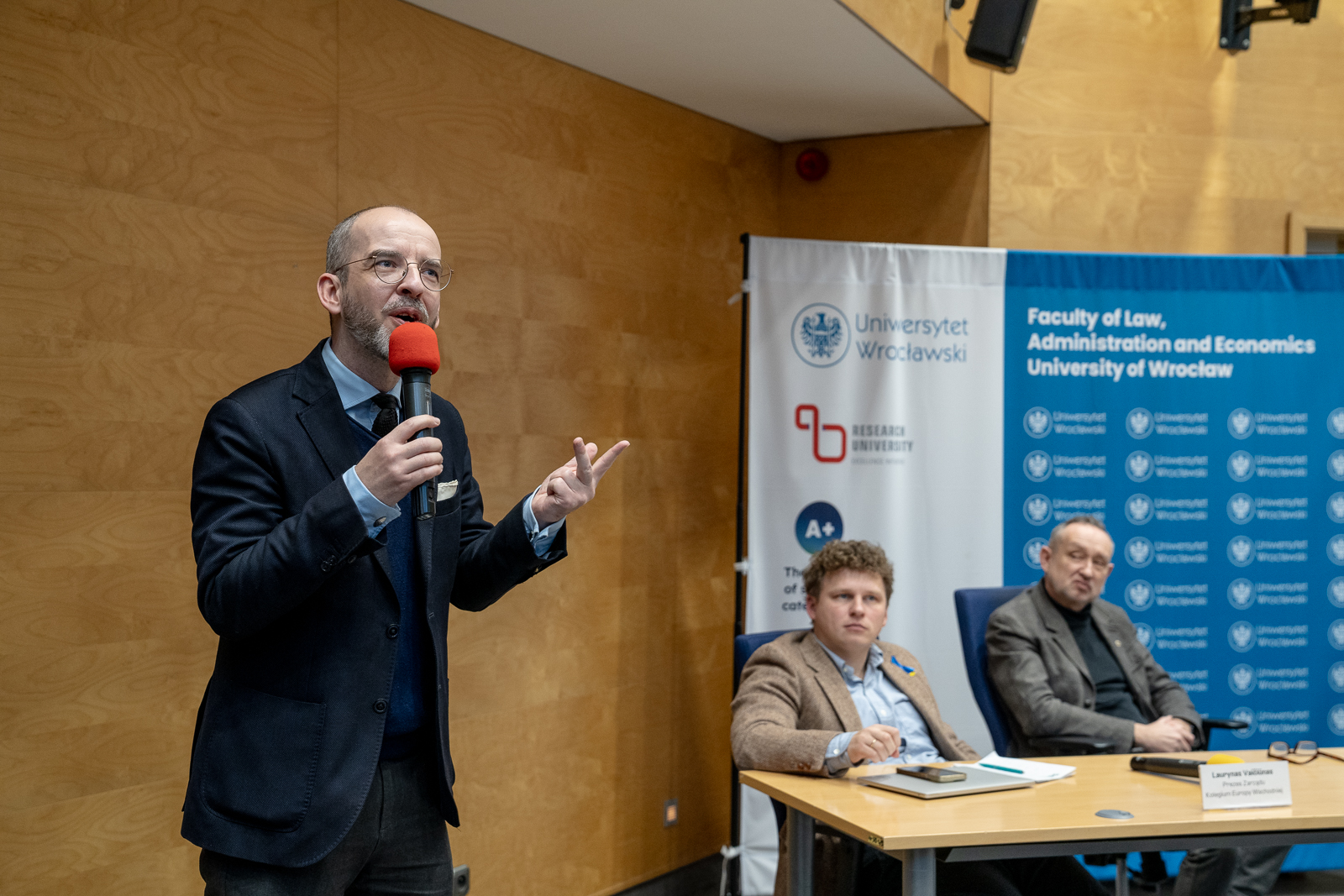
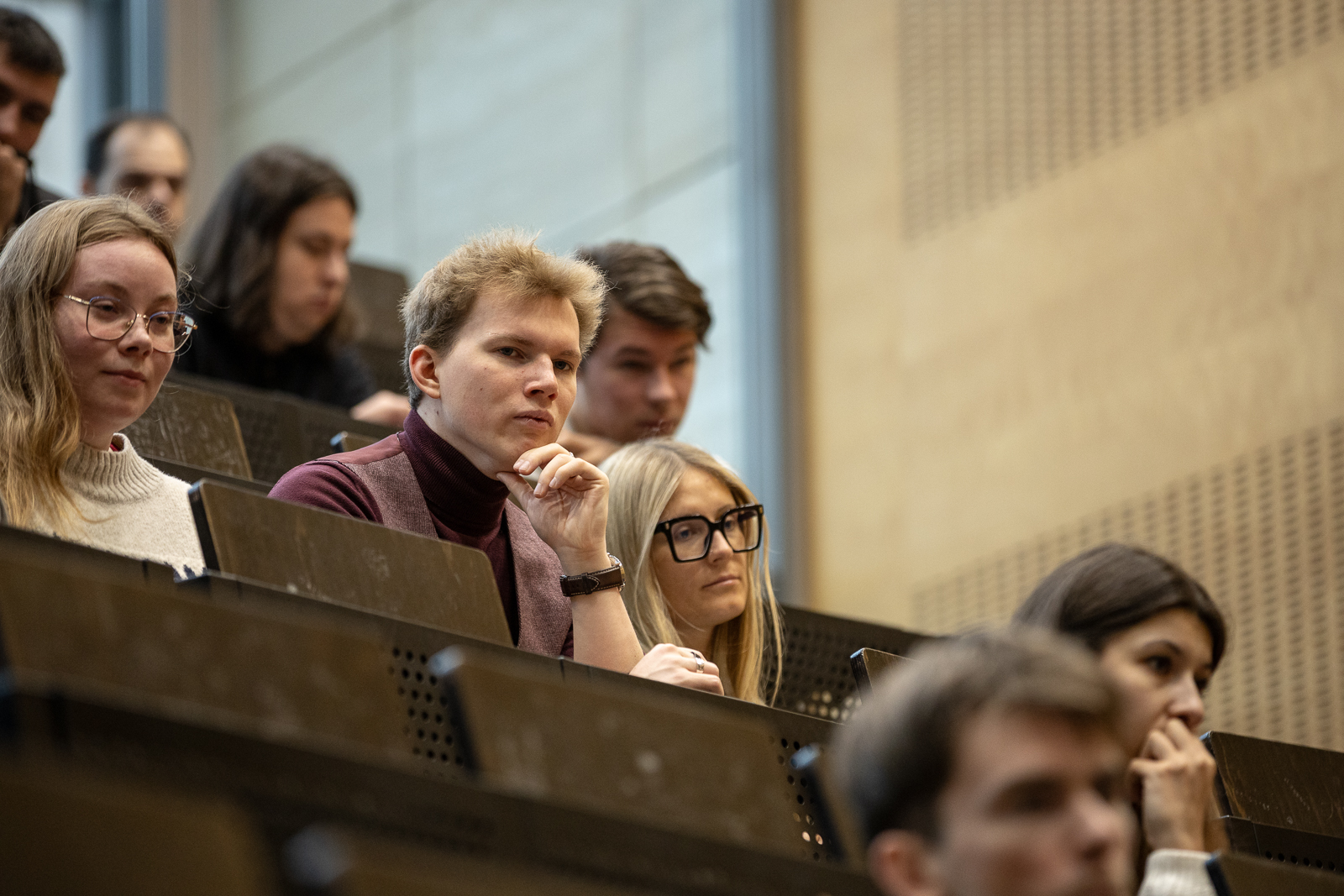
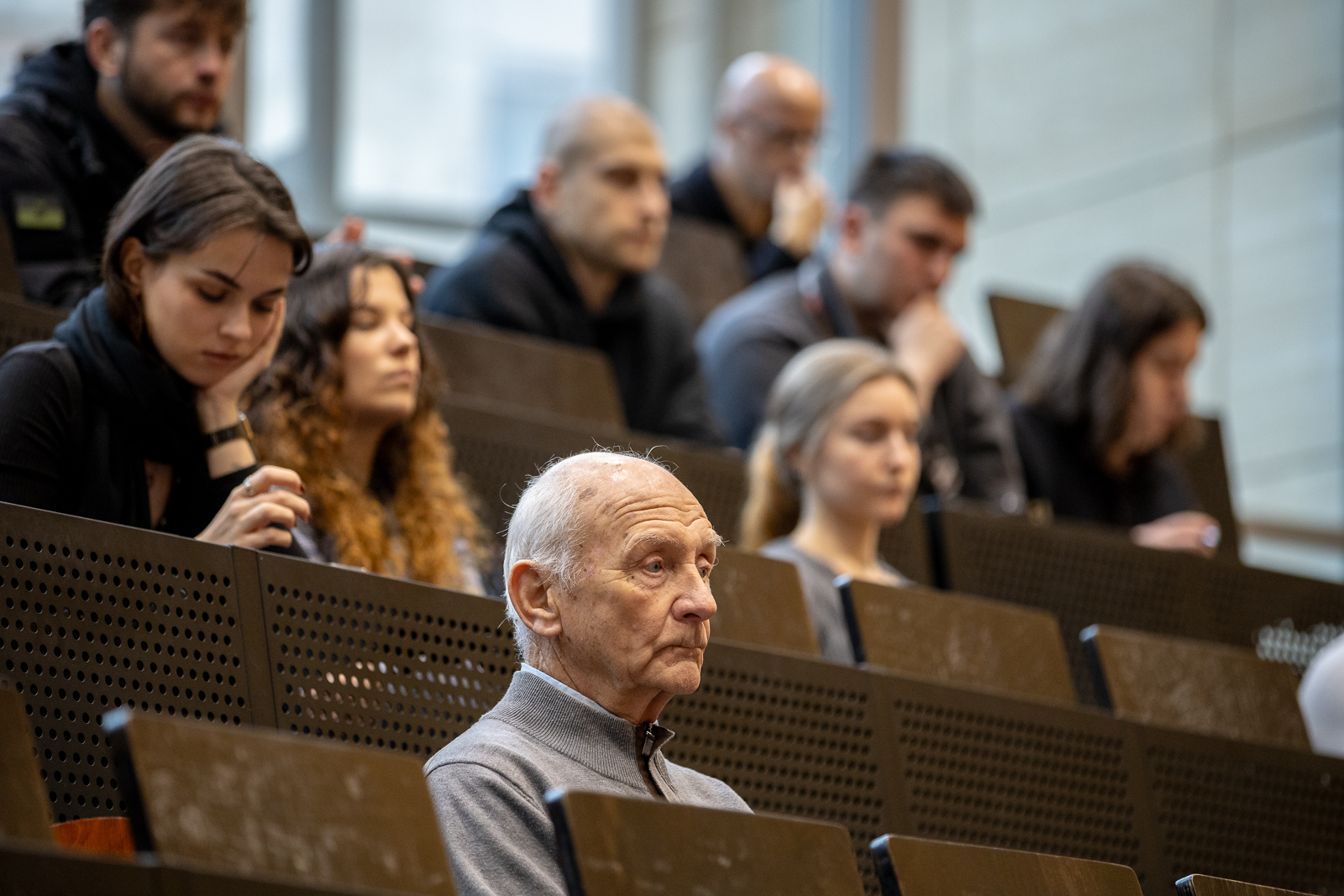

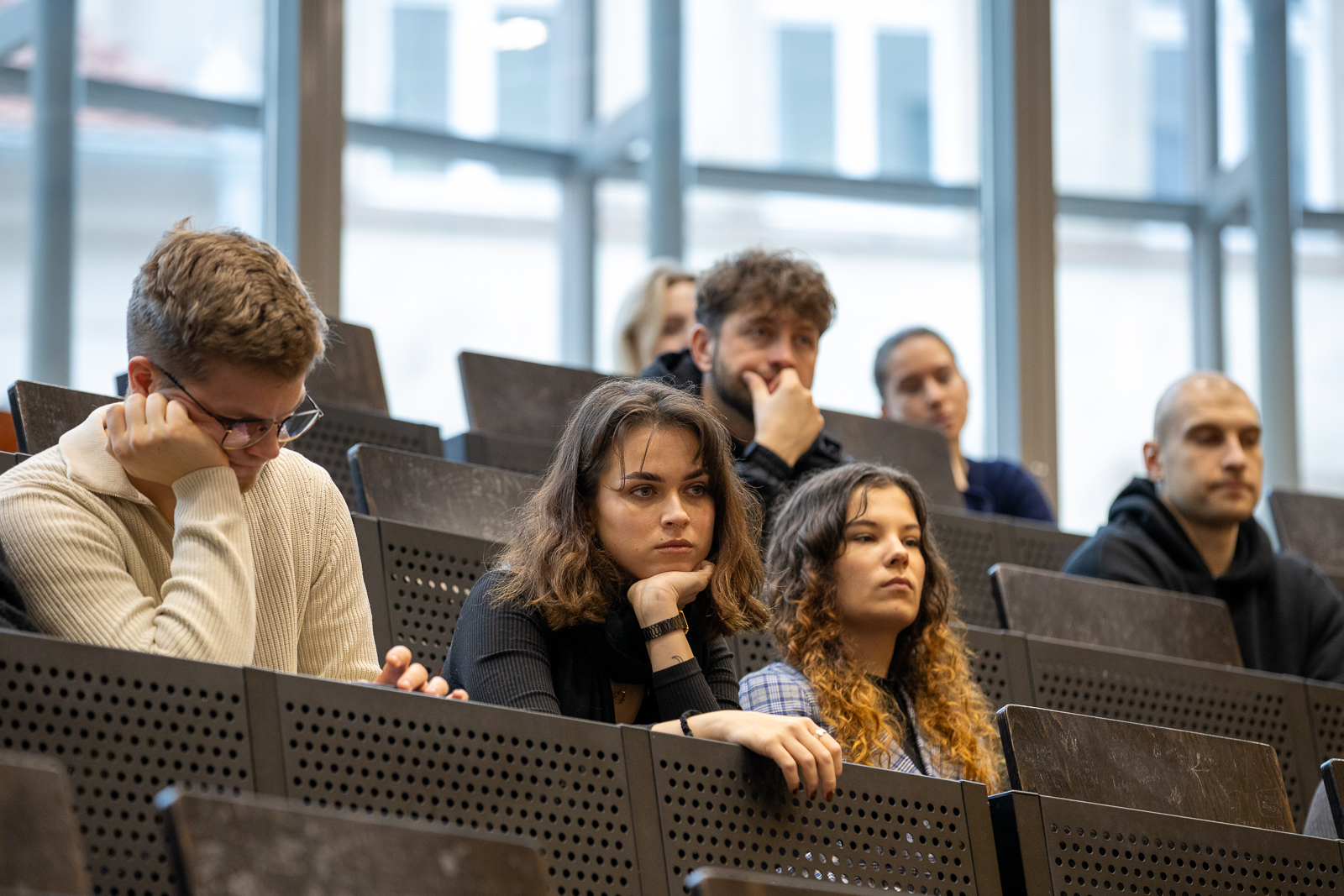
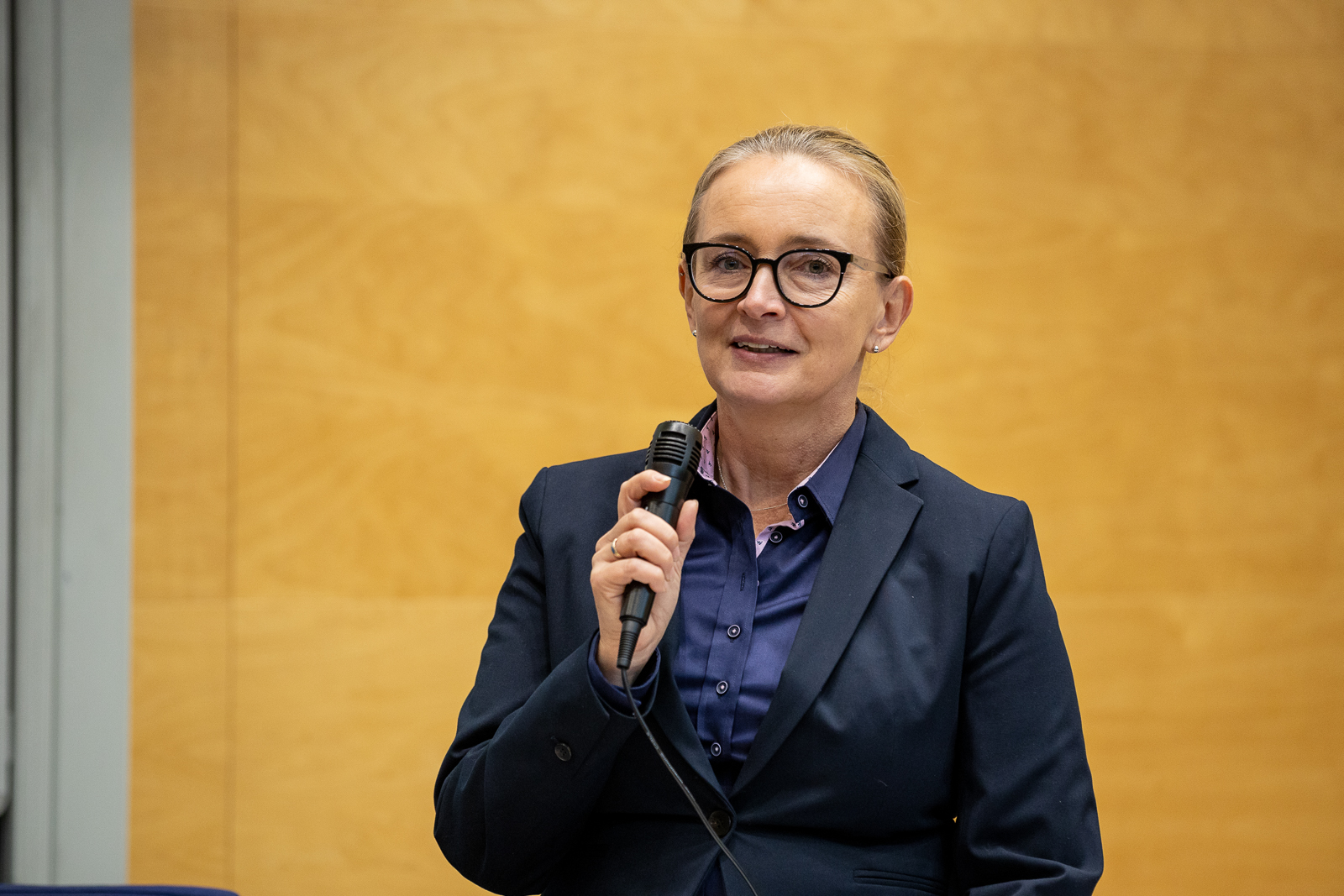
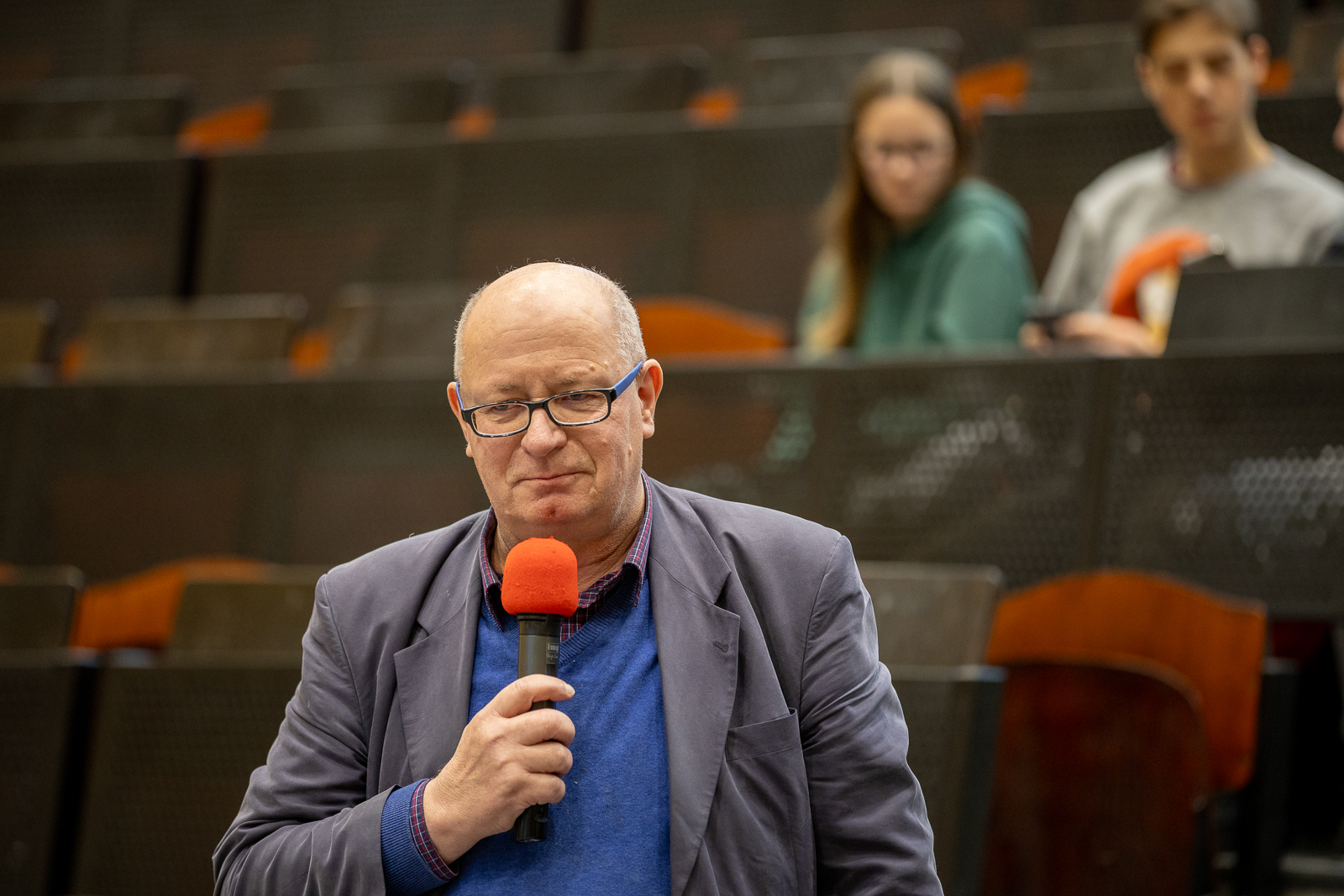
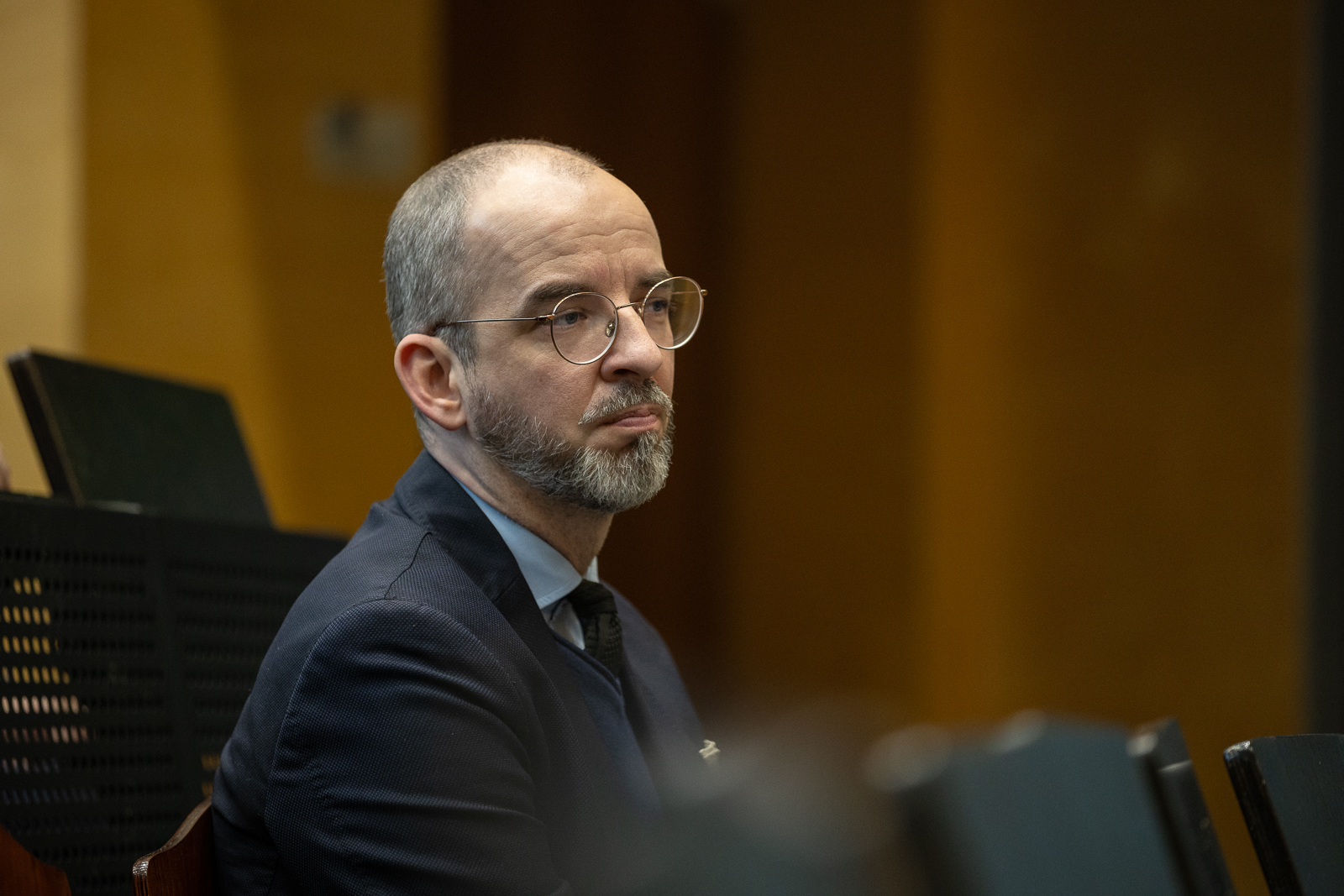
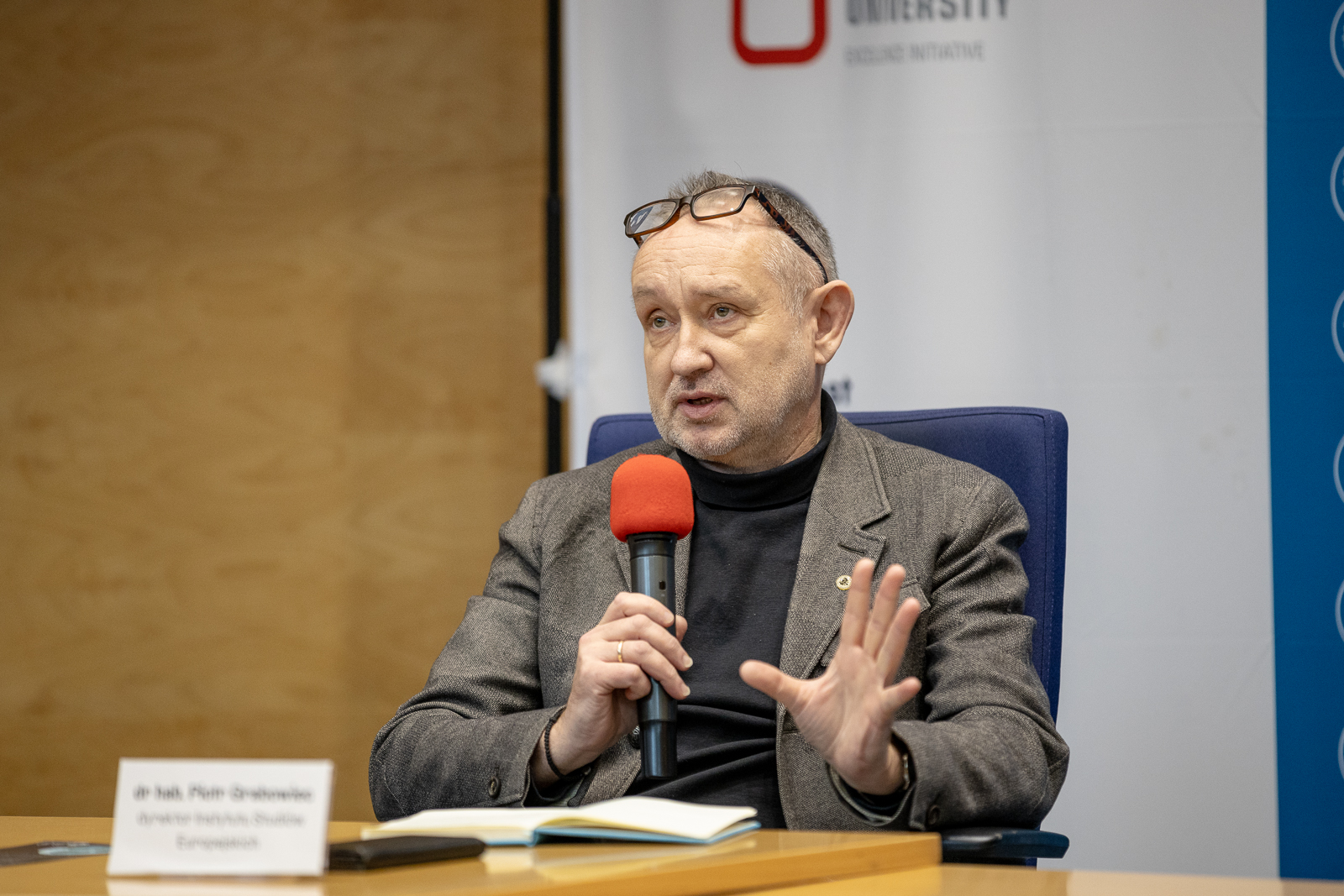
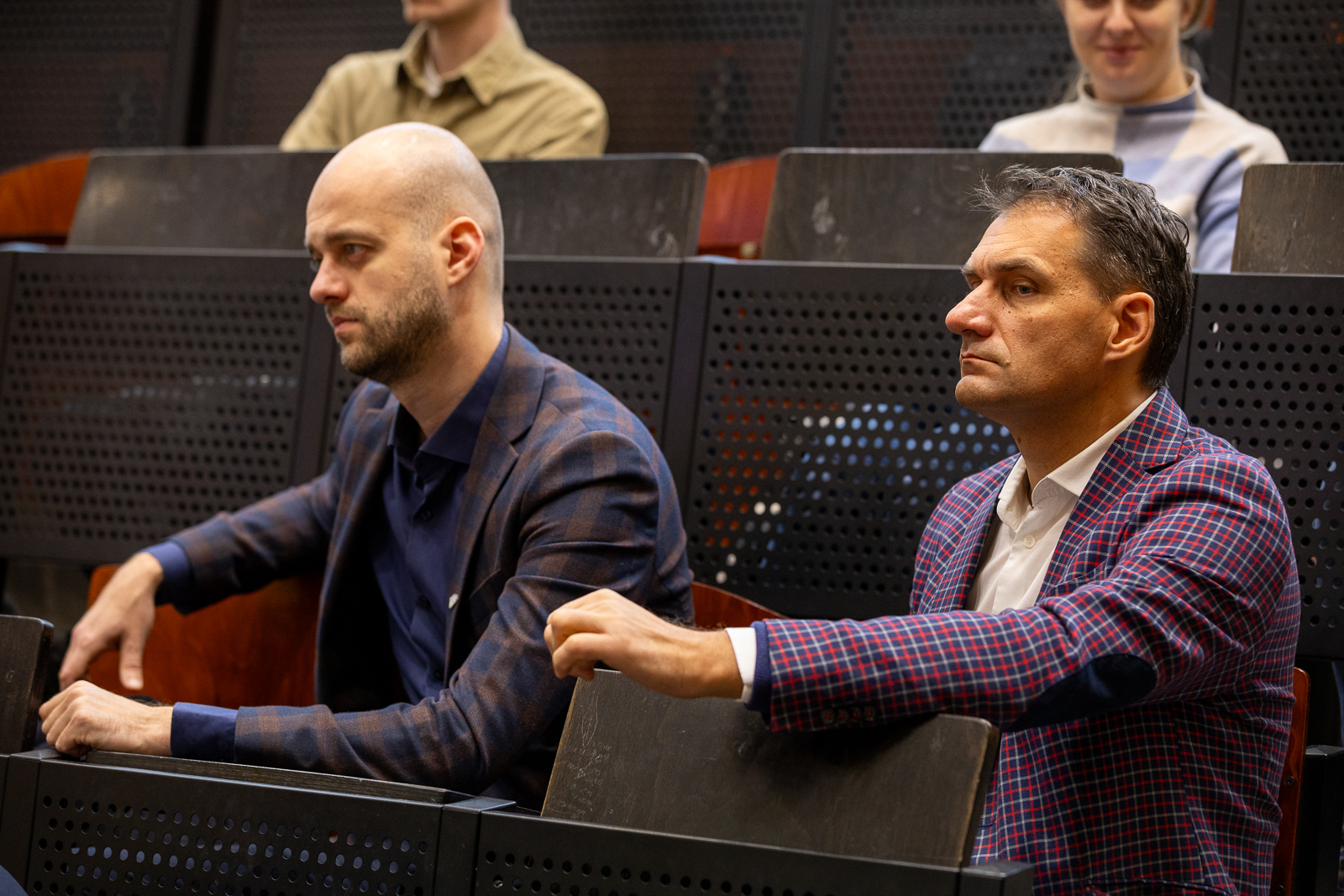
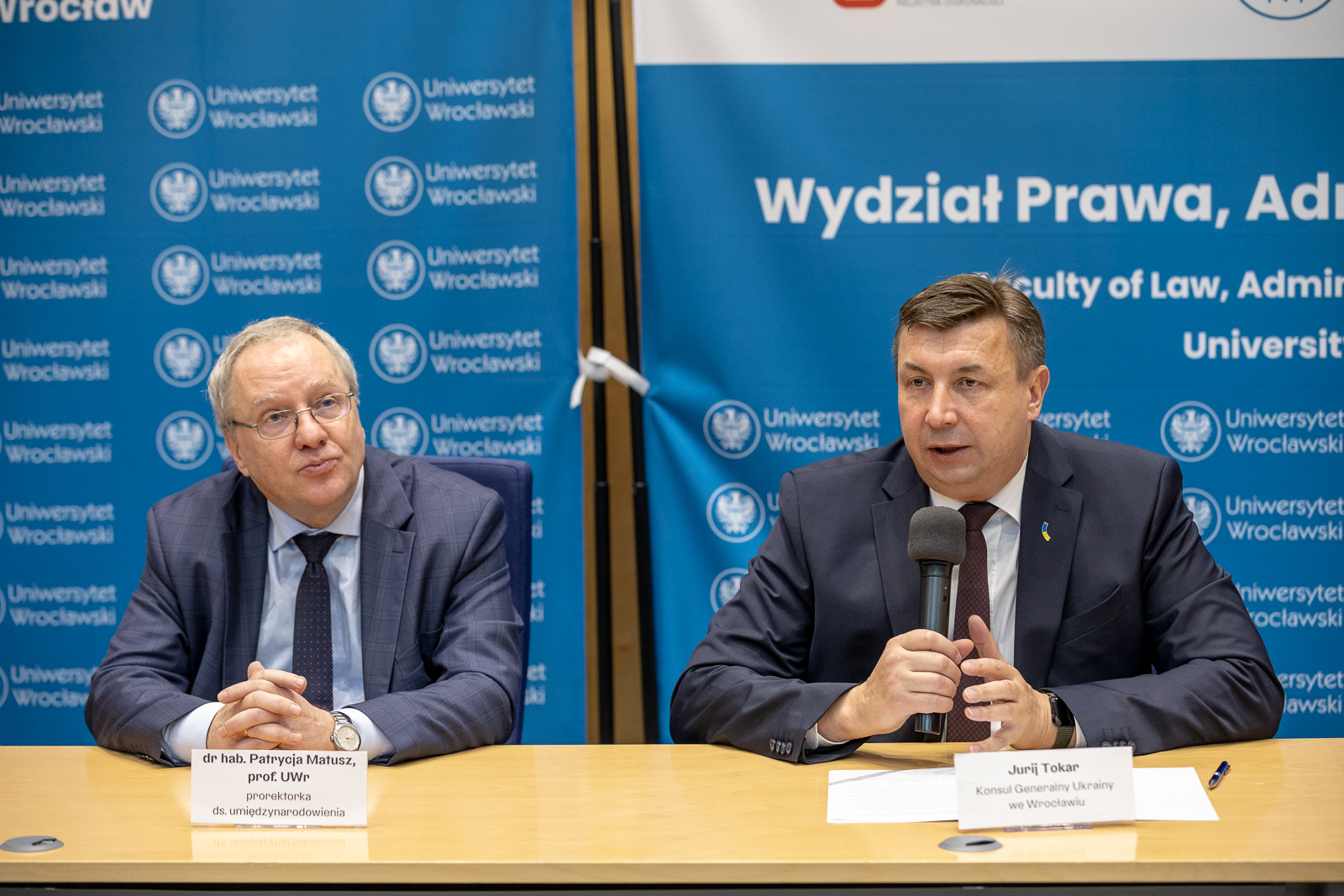
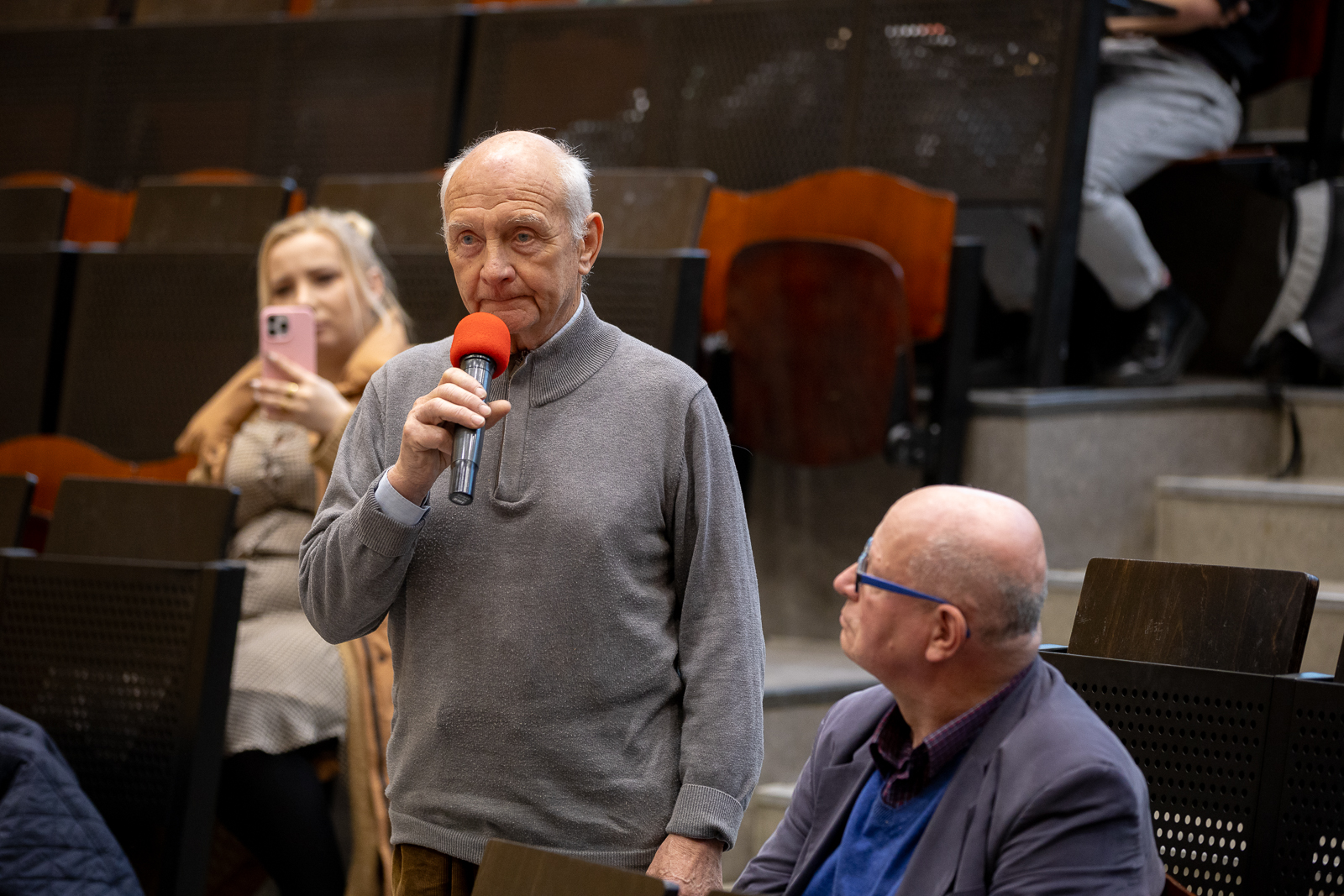
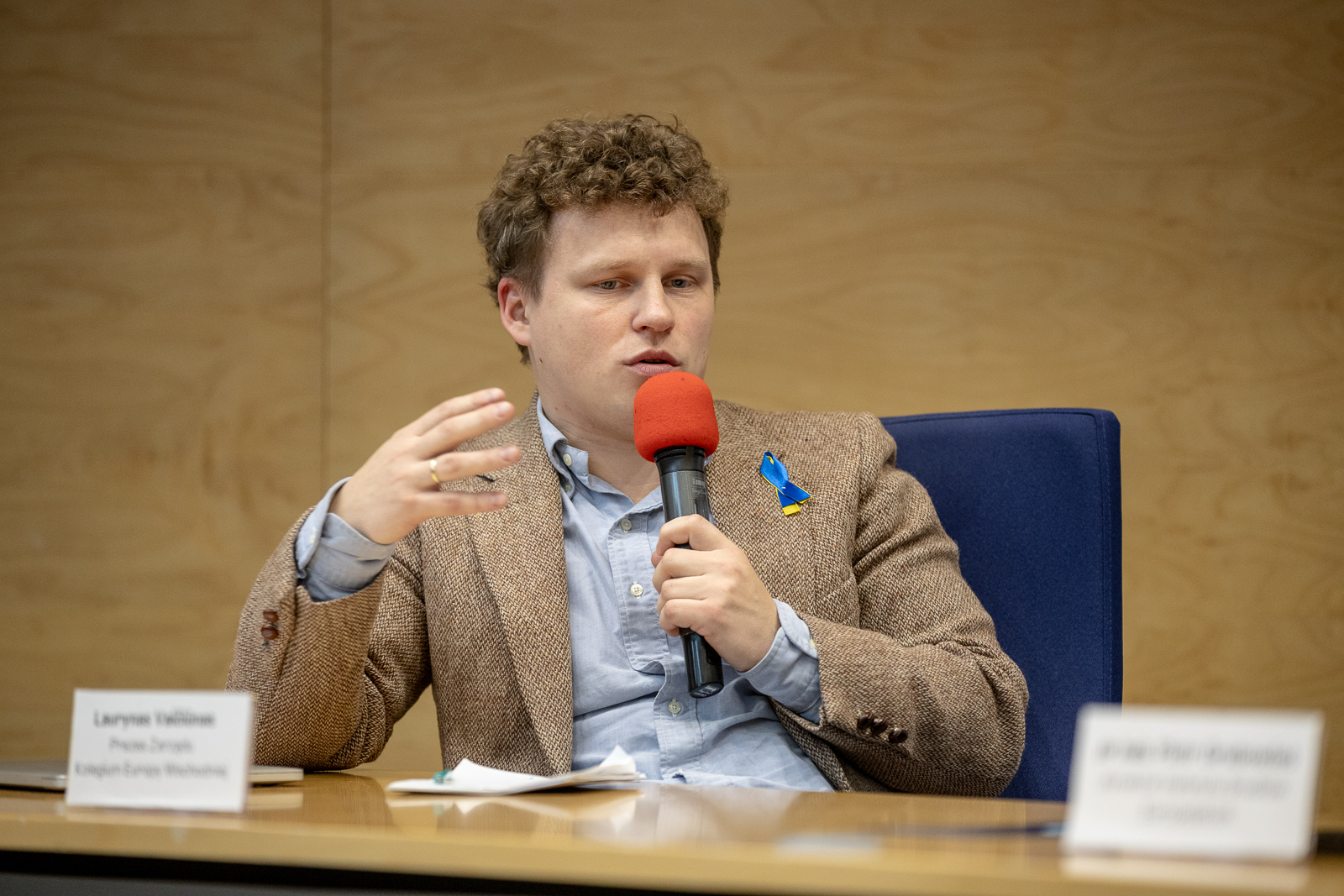
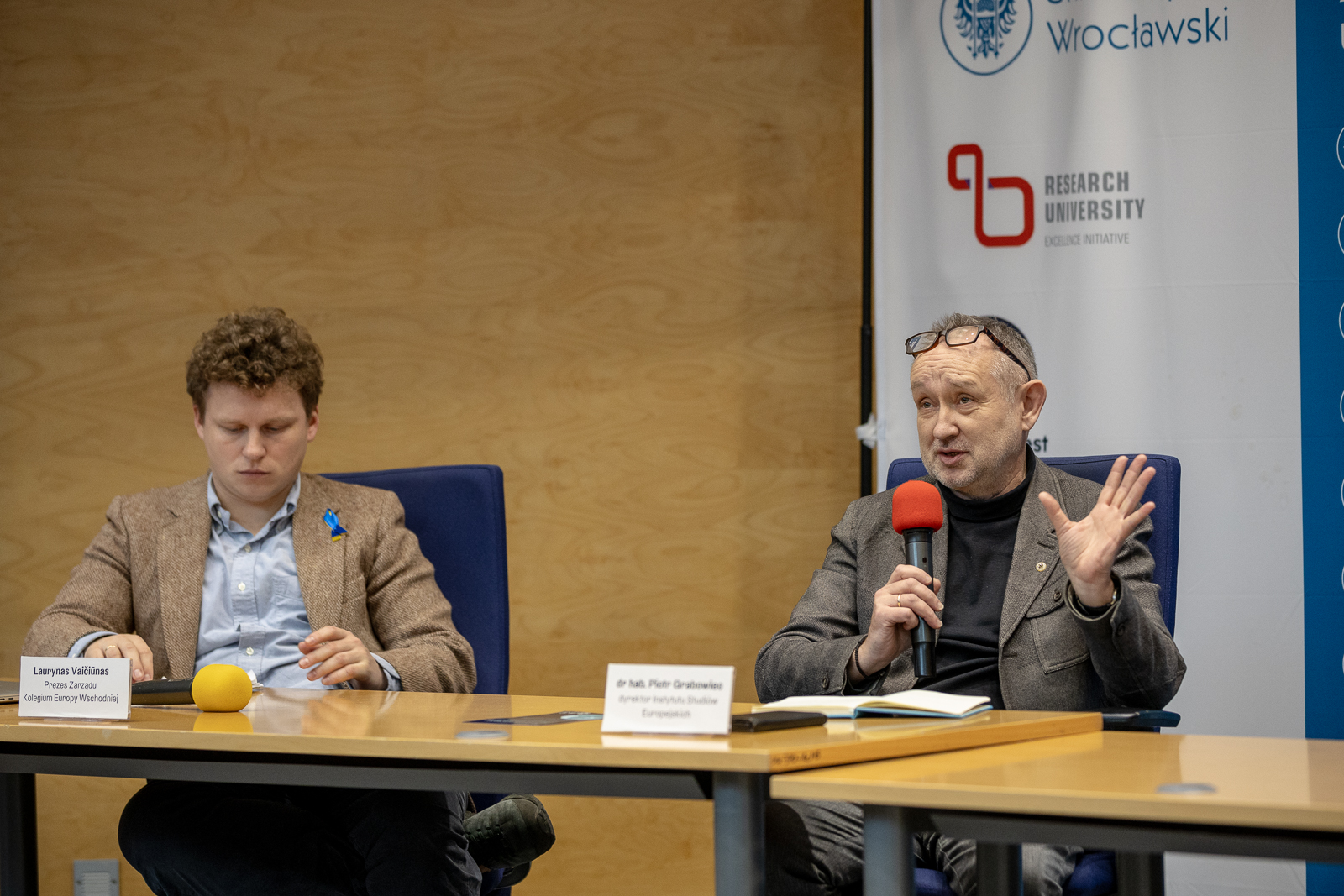
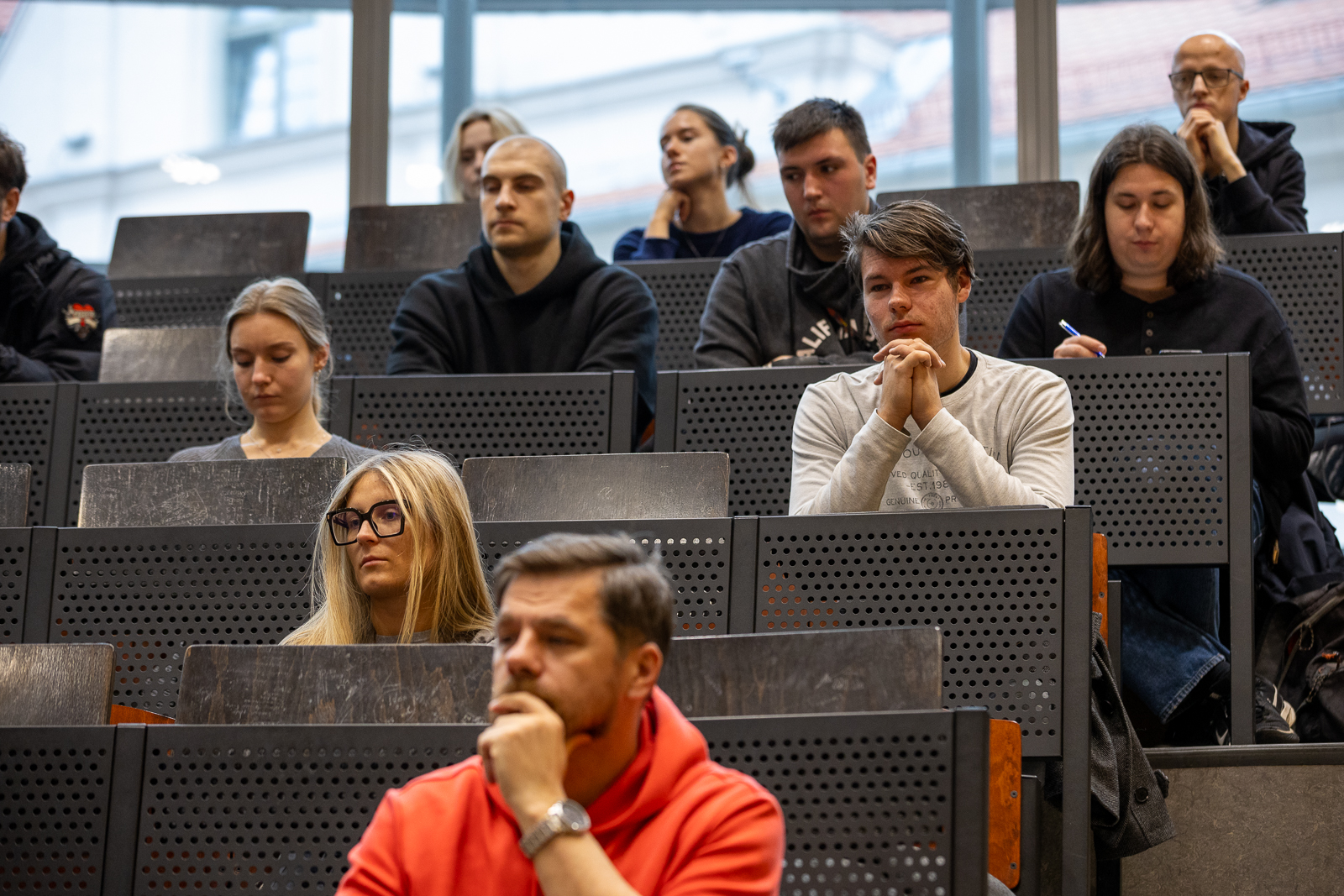
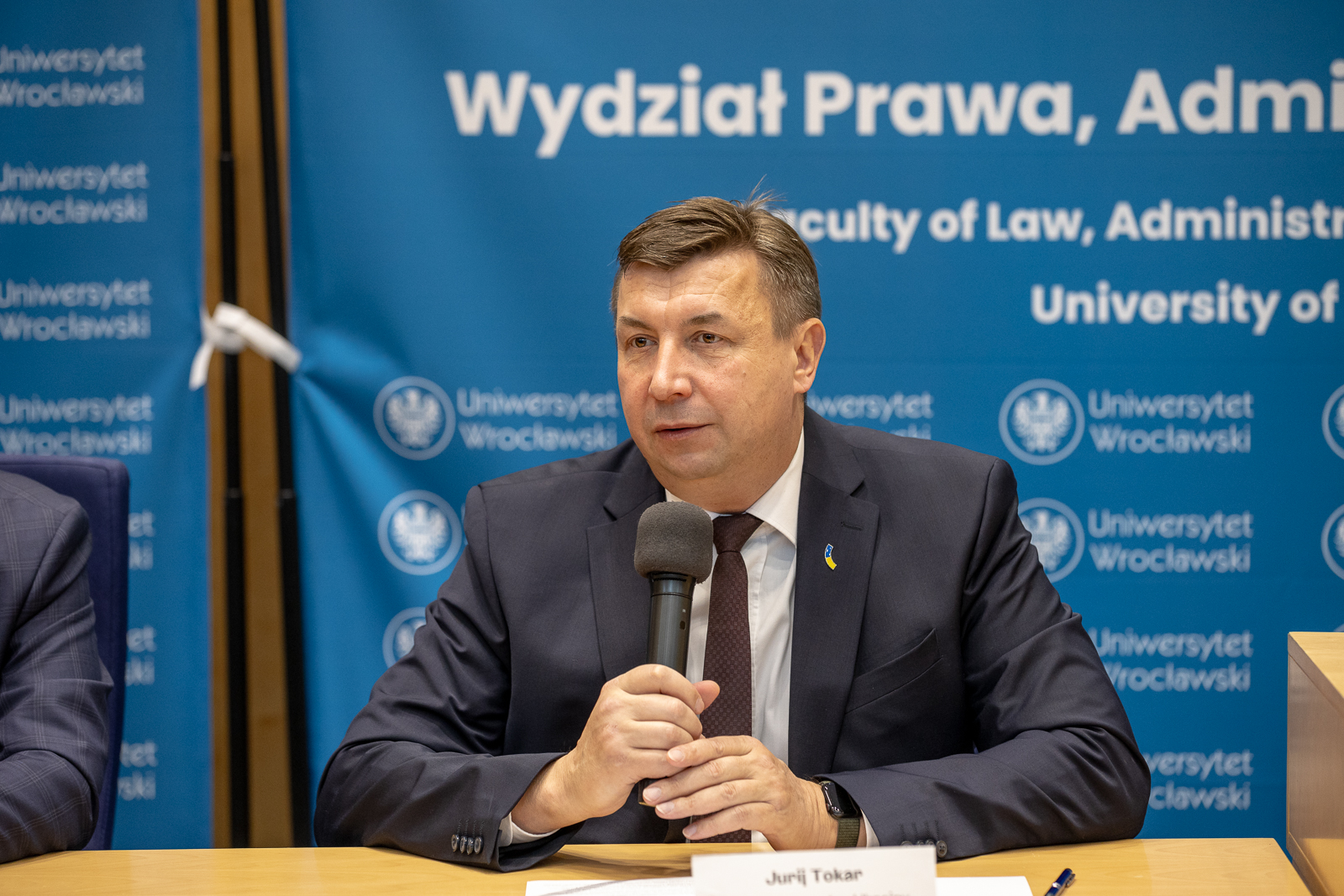
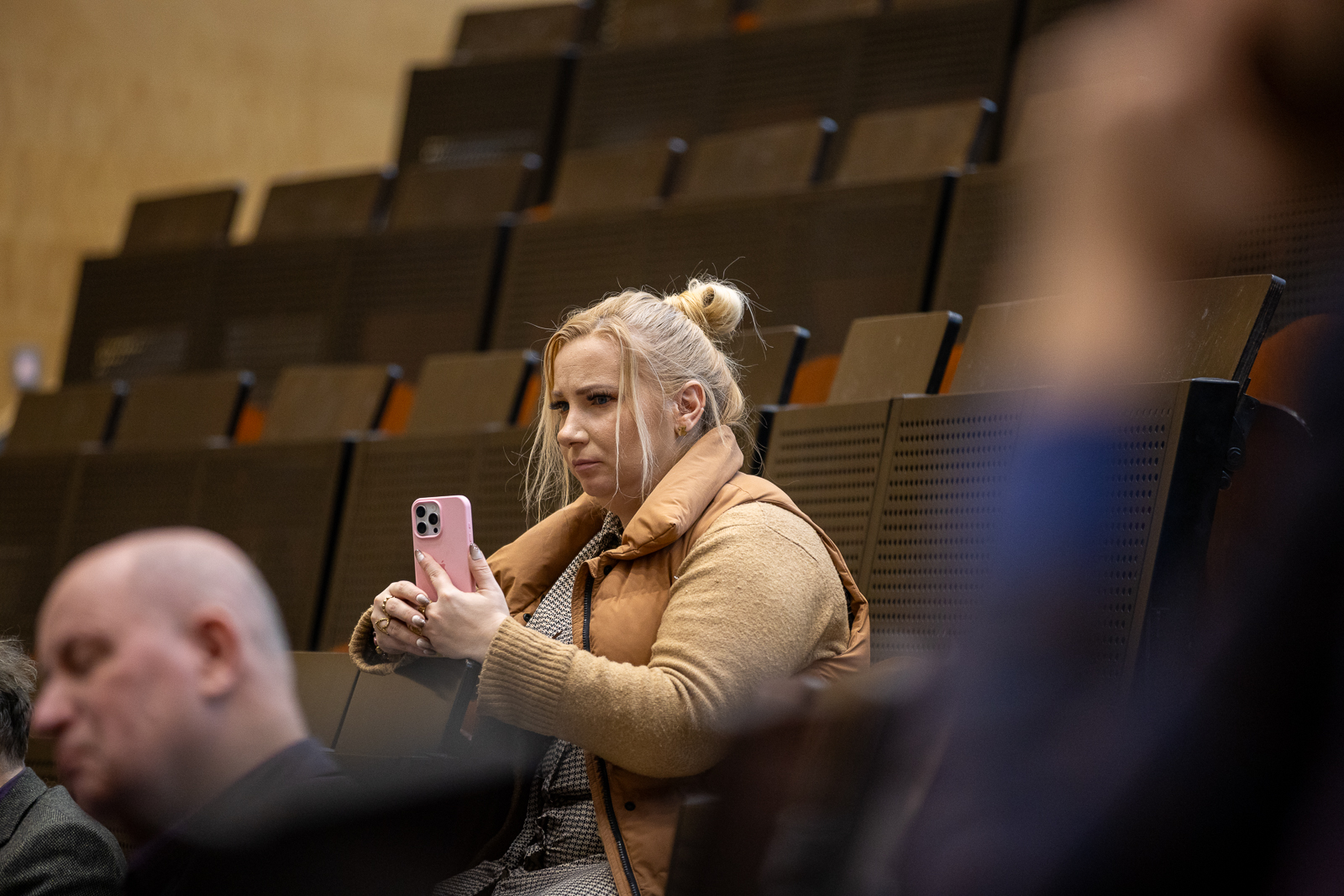
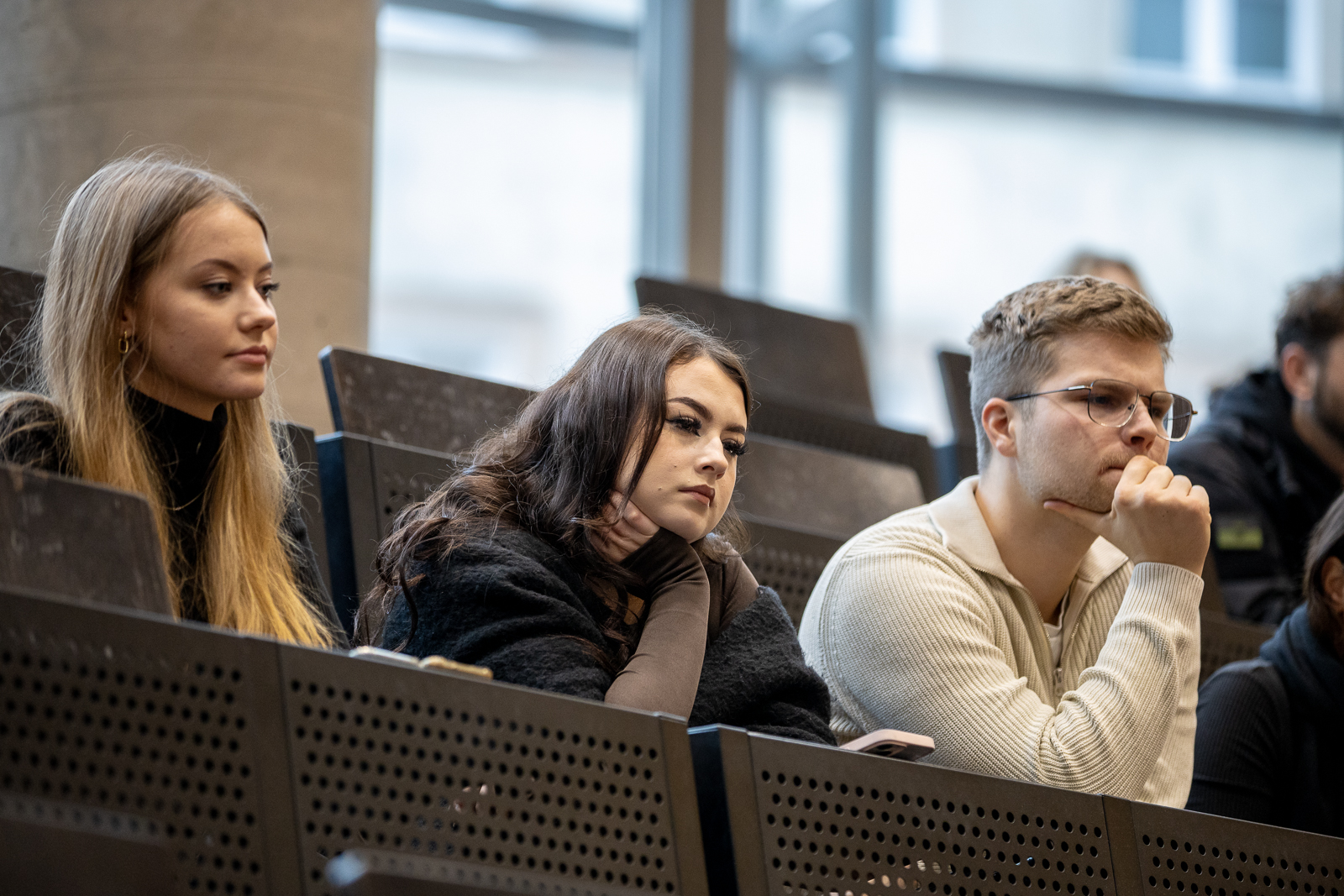
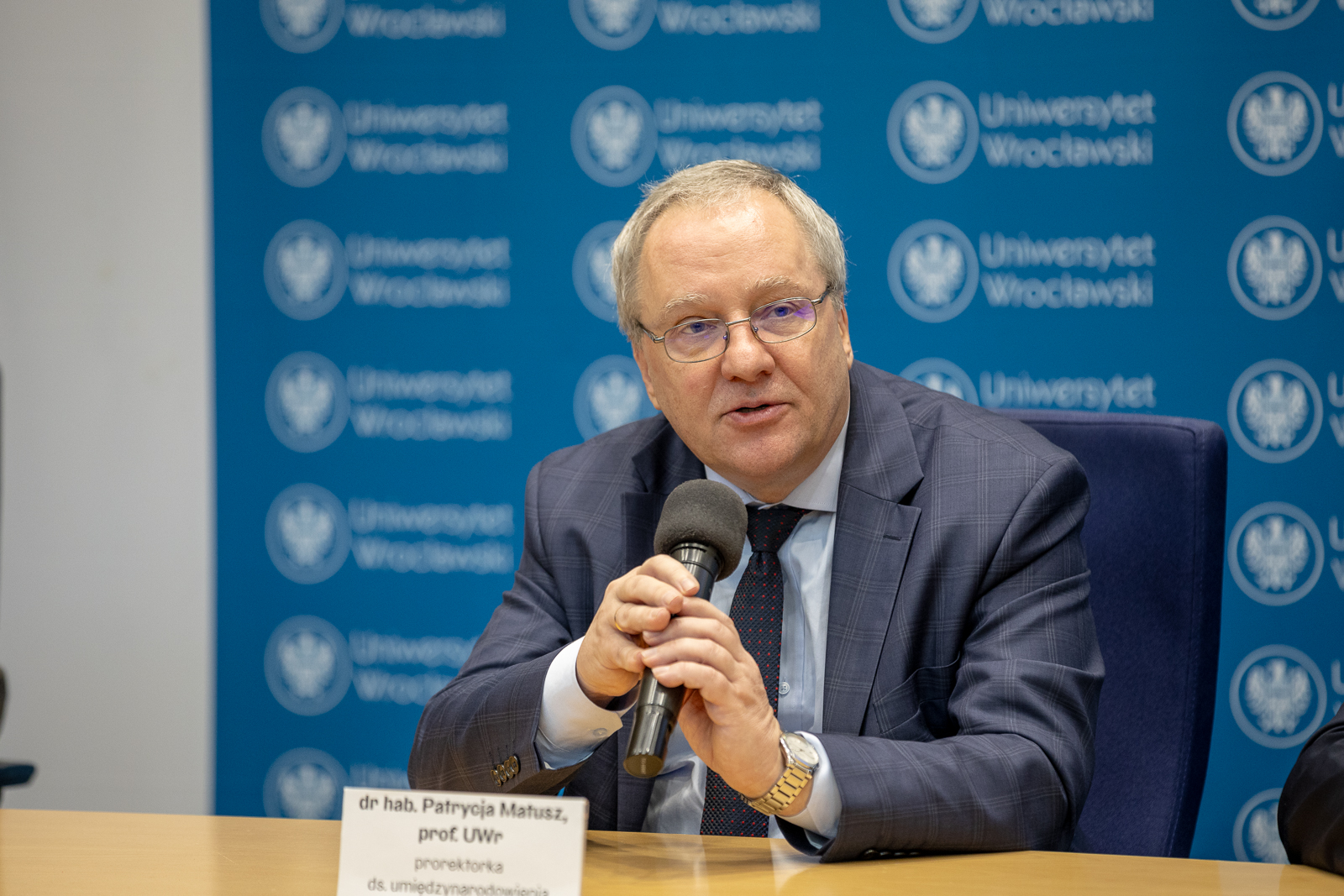
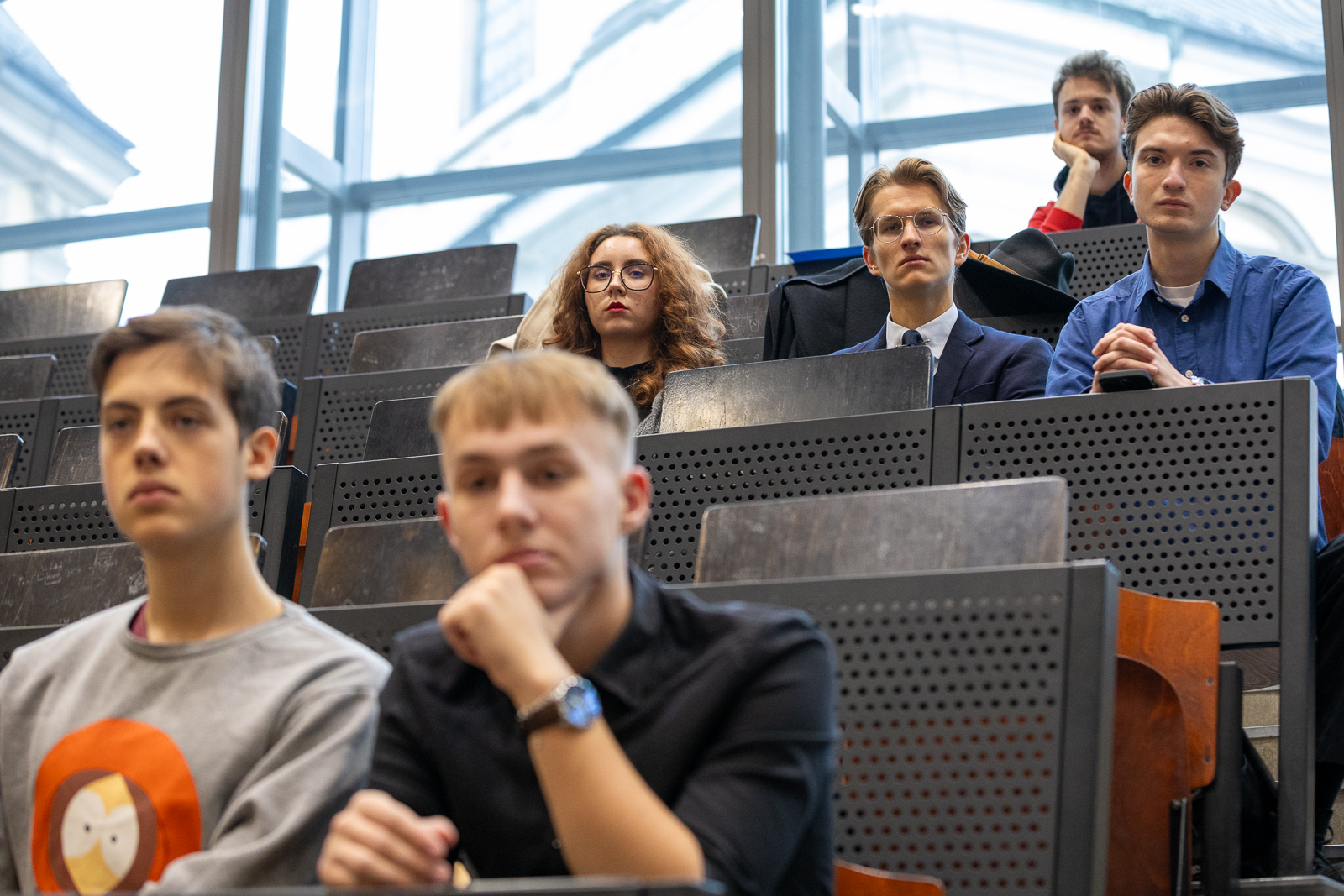
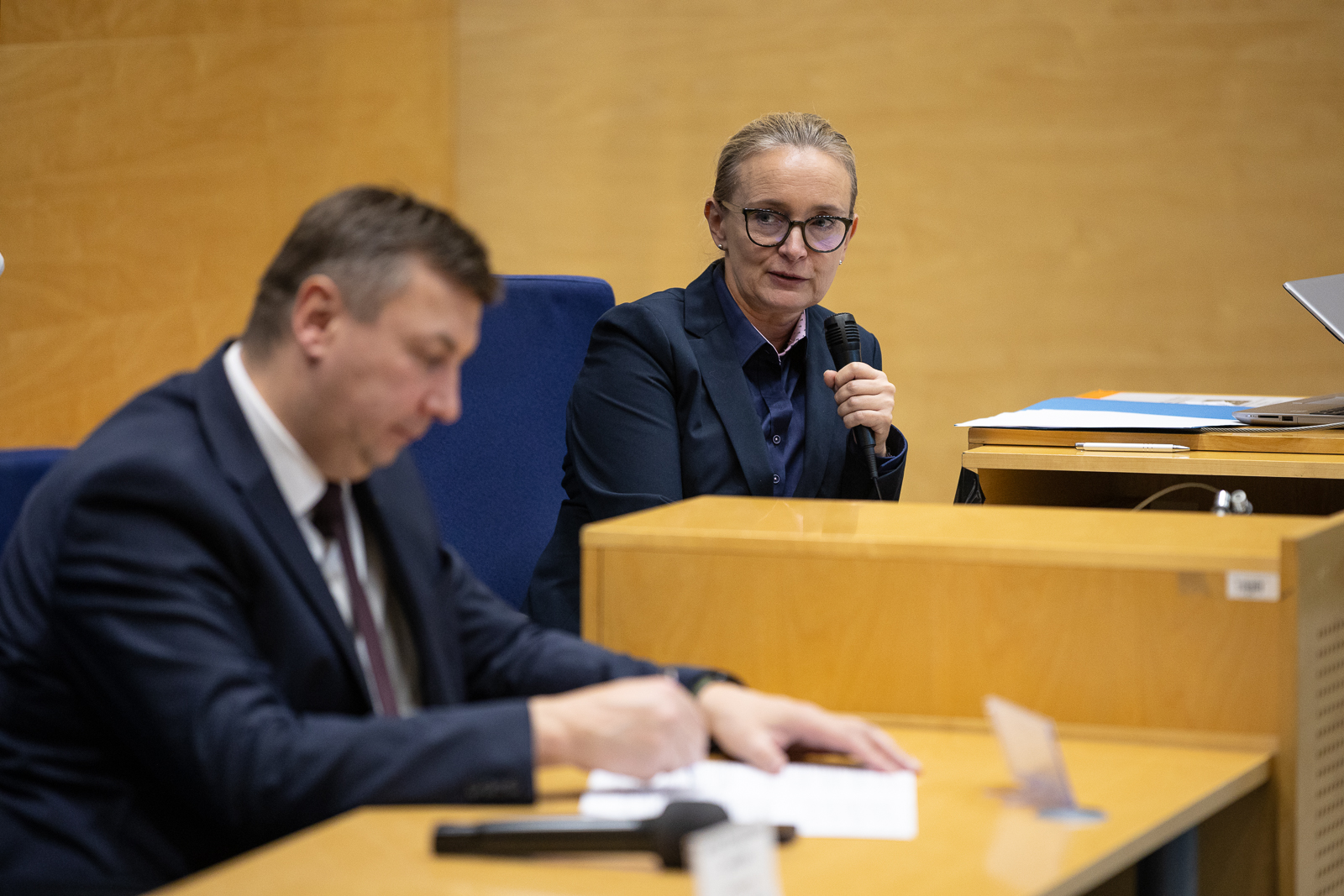
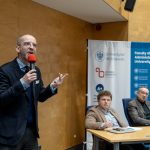
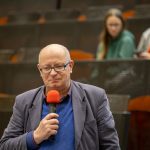
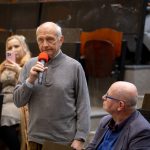
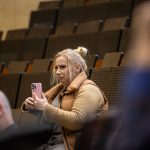
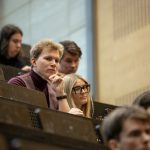
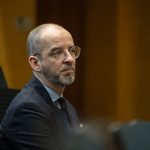
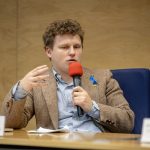
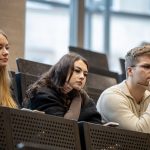
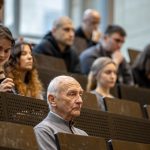
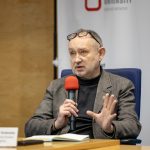
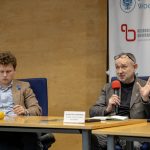
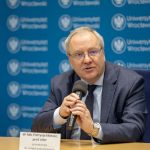
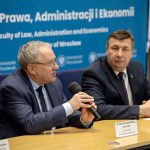
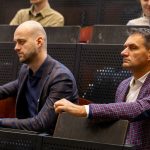
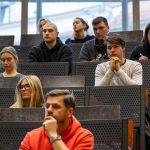
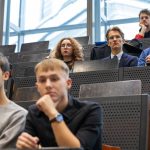
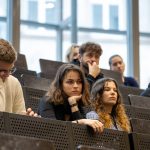
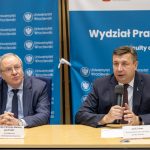
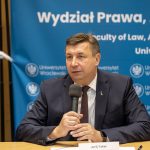
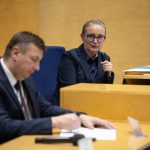
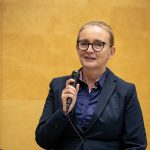
Date of publication: 3.12.2024
Added by: M.J



